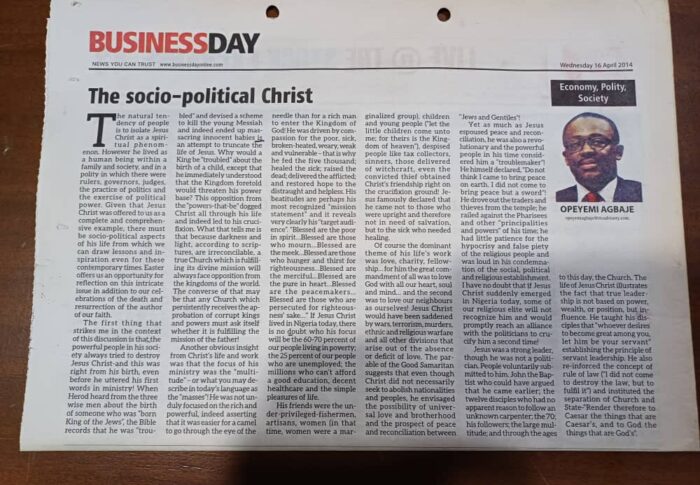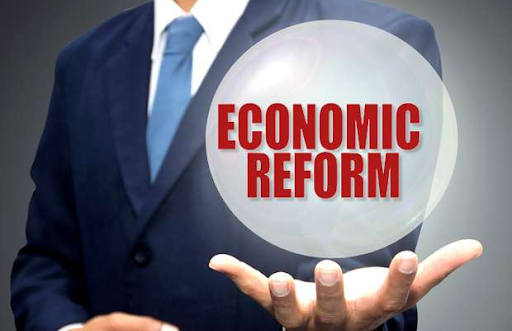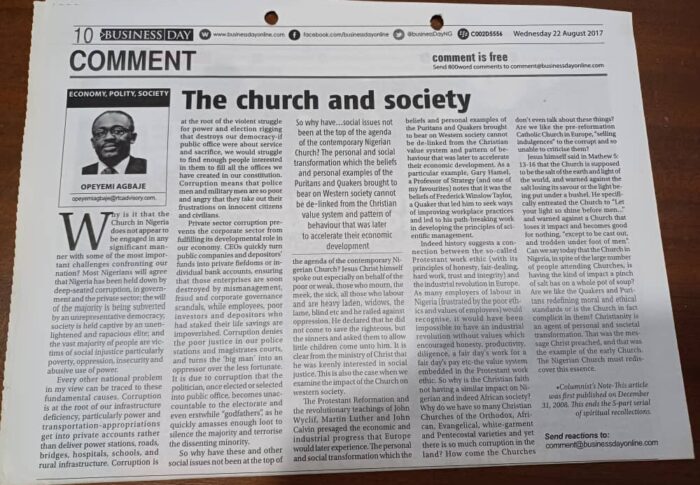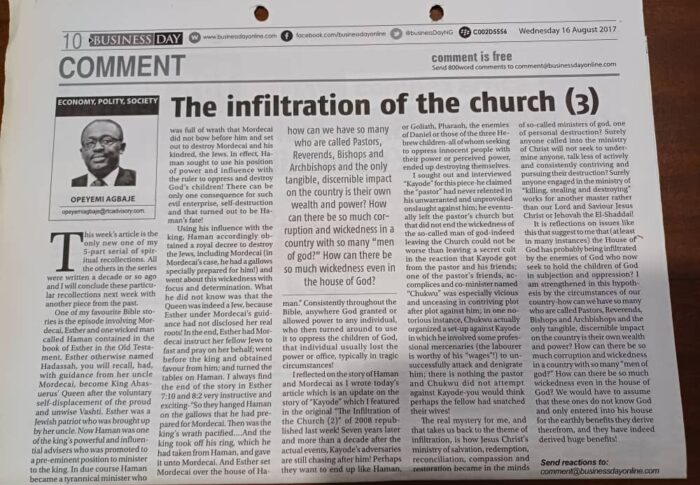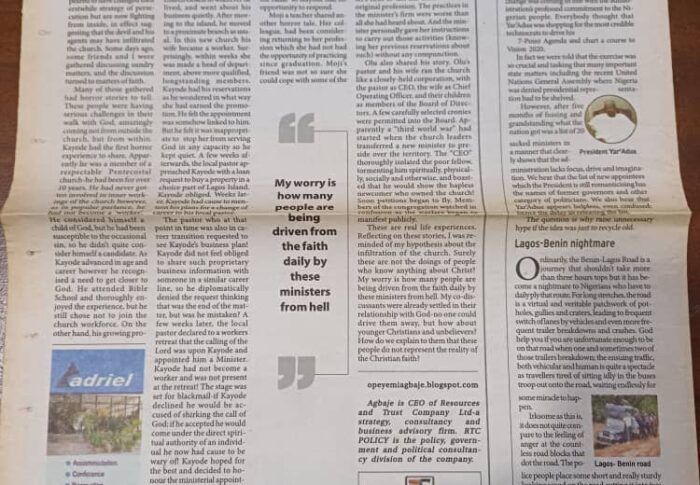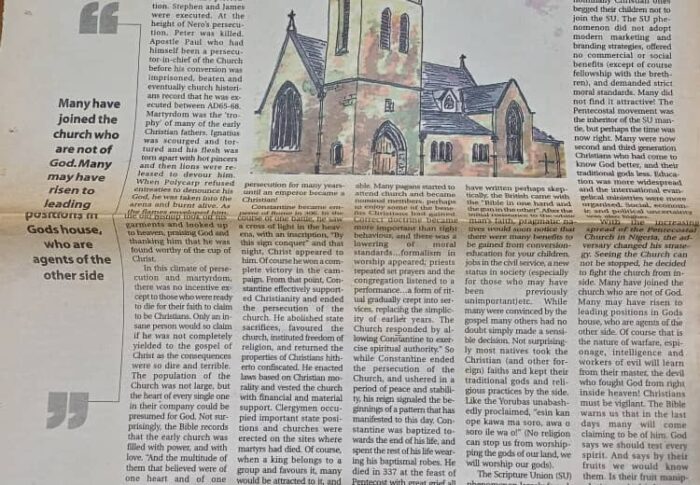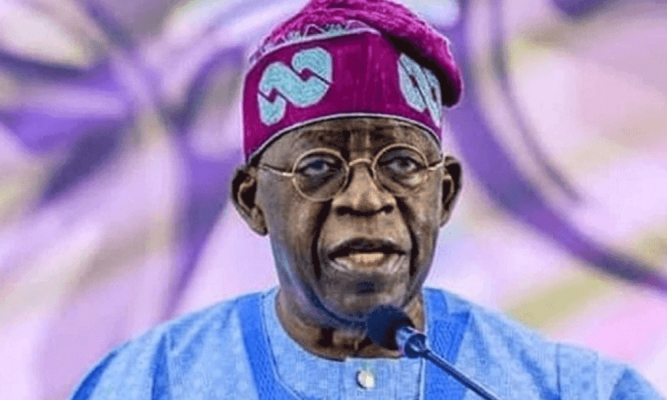I start this review of Nigerian economy and policy at this critical time by highlighting the difference between strategy and tactics. Strategy encompasses a long-term, comprehensive, “strategic” aspiration or direction for the firm or nation, and decisions and actions directed thereat while tactics are short-term, isolated actions taken as components of the “strategy”. While strategy, right strategy is critical, tactics matter, especially in relation to implementation-a viable strategy may be enhanced or subverted by poor tactics! My hypothesis is that while the evident strategic aspiration of current policy towards a market-driven economic policy is desirable or even compelling, some tactical implementation approaches may be questionable or at least debatable.
Read More
